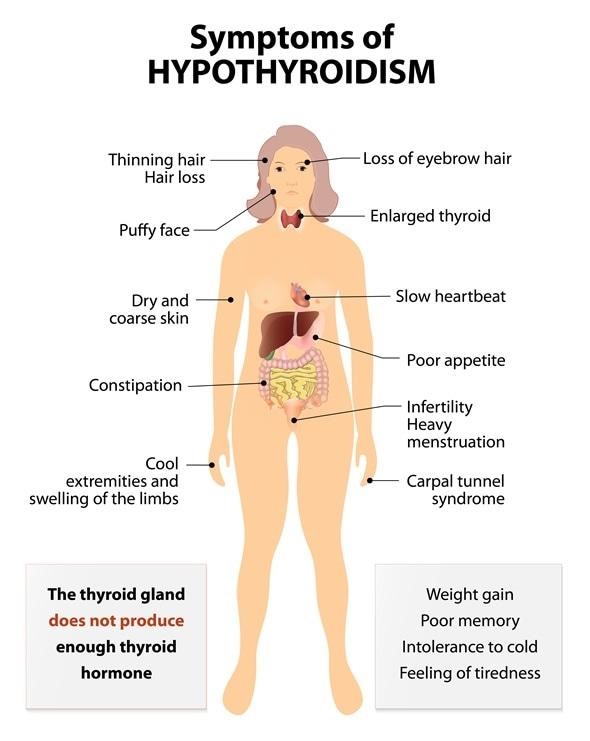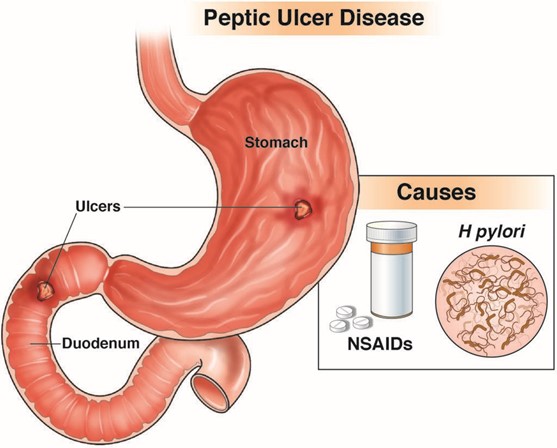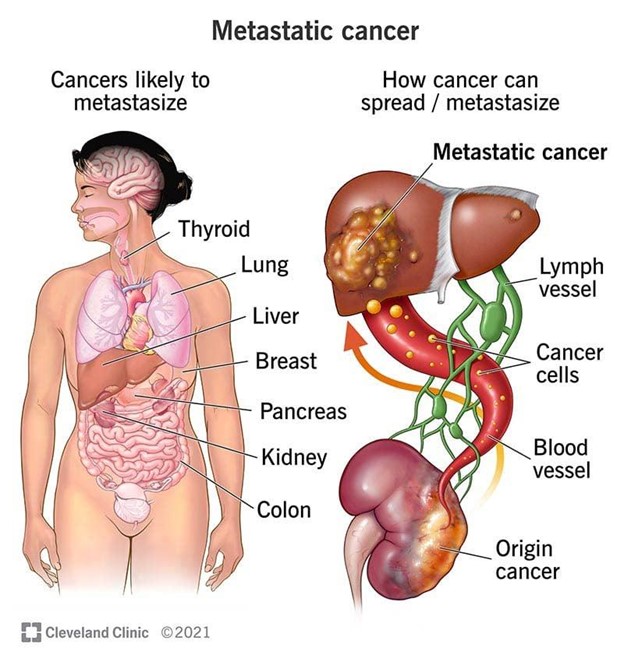Which of the following clinical manifestations should a nurse expect from a client with hyperthyroidism? SELECT ALL THAT APPLY
Heat intolerance
Diarrhea
Weight loss
Weight gain
Bradycardia
Correct Answer : A,B,C
Choice A Reason: Heat intolerance is a common finding in hyperthyroidism, as the increased metabolic rate causes the body to produce more heat and sweat.
Choice B Reason: Diarrhea is a common finding in hyperthyroidism, as the increased motility of the gastrointestinal tract causes more frequent and loose stools.
Choice C Reason: Weight loss is a common finding in hyperthyroidism, as the increased metabolism and appetite cause the body to burn more calories than it consumes.
Choice D Reason: Weight gain is not a common finding in hyperthyroidism, but it may indicate other conditions such as hypothyroidism or Cushing's syndrome.
Choice E Reason: Bradycardia is not a common finding in hyperthyroidism, but it may indicate other conditions such as heart block or beta-blocker use.

Nursing Test Bank
Naxlex Comprehensive Predictor Exams
Related Questions
Correct Answer is B
Explanation
Choice A Reason: Instructing the client to increase fluid intake is not the most appropriate nursing action, as it does not address the cause or severity of the bleeding.
Choice B Reason: Notifying the health care provider is the most appropriate nursing action, as it indicates that the client may have a bleeding ulcer that requires immediate evaluation and treatment.
Choice C Reason: Advising the client to take iron rich foods is not the most appropriate nursing action, as it does not prevent or correct anemia or bleeding.
Choice D Reason: Documenting the findings is not the most appropriate nursing action, as it does not initiate any intervention or outcome.

Correct Answer is D
Explanation
Choice A Reason: N0 does not indicate presence of regional lymph node involvement, but absence of it. N1 to N3 indicate increasing degrees of regional lymph node involvement.
Choice B Reason: TIS does not indicate that a tumor has been resolved, but that it is in situ, meaning that it is confined to the original site and has not invaded deeper tissues.
Choice C Reason: T4 does not indicate a tumor at its smallest size, but at its largest size. T1 to T4 indicate increasing sizes or extents of the primary tumor.
Choice D Reason: M1 indicates tumor metastasis to a single site, meaning that the cancer has spread to another organ or distant lymph node. M0 indicates no distant metastasis.

Whether you are a student looking to ace your exams or a practicing nurse seeking to enhance your expertise , our nursing education contents will empower you with the confidence and competence to make a difference in the lives of patients and become a respected leader in the healthcare field.
Visit Naxlex, invest in your future and unlock endless possibilities with our unparalleled nursing education contents today
Report Wrong Answer on the Current Question
Do you disagree with the answer? If yes, what is your expected answer? Explain.
Kindly be descriptive with the issue you are facing.
